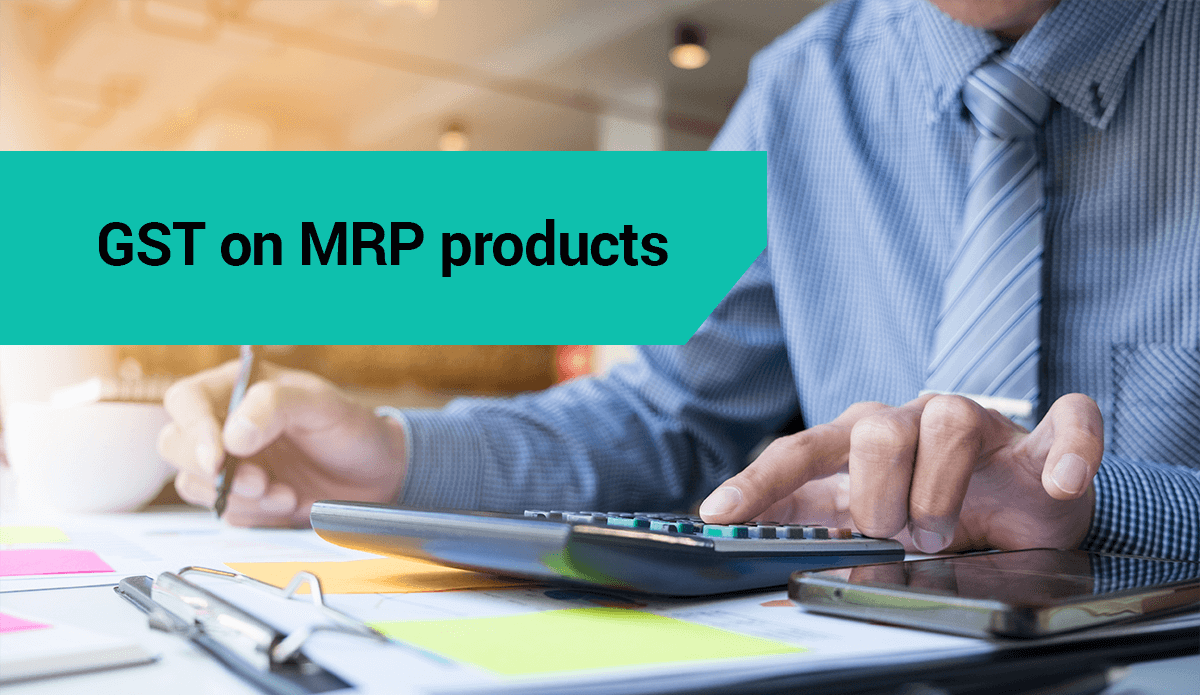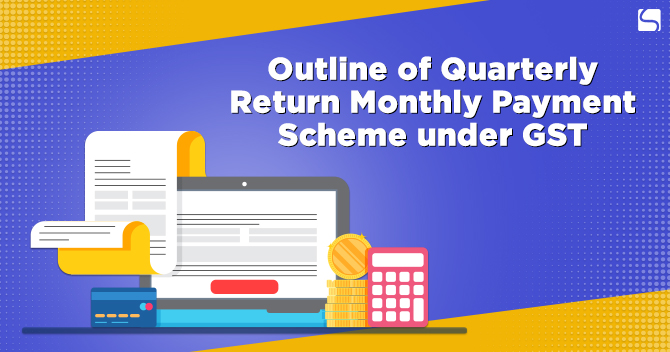Relation between GST & Start-ups

Swarit Advisors | Updated: May 05, 2018 | Category: GST
Goods and Services Tax is an integrated, destination-based indirect tax on consumption of goods and services, levied at every stage, on the value-added, right from manufacture up to the final consumption, the burden of which will be on the final consumer. A dual GST system has been introduced in India from 1 July 2017. This shall facilitate the ease of doing business, better compliance, and a well-structured tax regime. It does not differentiate the relation between GST goods and services and is expected to reduce tax evasions. This newly introduced scheme shall bring about effects in start-ups which are raging in these times.
Table of Contents
What is a Start-up?
A startup company is a newly formed entrepreneurial unit keeping in mind the perceived demand for a particular product or service which has not been addressed at large and developing a viable business plan.
The start-ups, like the other sectors, have faced both positives and negatives of the GST implementation.
What are the Positives of Gst on Start-Ups?
1. Reduction of Tax Burden and reducing the complexities – The threshold for GST registration is 20 lakhs annual turnover. This is likely to exempt many startups from the registration, thus bringing in benefits. The consolidated form of tax instead of many forms of taxes at both the central and state level also brings down the complexities involved in dealing with the tax structure. Now, not only is an ease of running and developing a startup but also to initiate one. In addition to that, all the procedures are online and regularly steps are being taken to make each step straightforward and less time-consuming.
2. Compliance – In all, there is now a substantially low cost and burden of compliances.
3. Logistic costs – Various maneuvers of big companies help them to avoid the inter-state taxes, which were not only high but also unreasonable. GST registration here has benefitted the small businesses and Startups to negate these logistic costs. Thereby leveling these start-ups to big names.
The entry taxes and complex procedures while entering in other states, leading to delays, had also prevented the spread to various states, which now stand encouraged.
4. Easier invoicing and consolidated – Taxing is another benefit. The goods and services are all treated as one. The multiple taxes to be dealt with have now come under an umbrella. This has brought ease to the function and management of startups.
What are Possible Negatives of the Gst Regime on Start-Ups?
Along with there being positives, which shall benefit the business of start-ups in long run, there are some concerns that are facing today:
1. Being a new regime, Goods and Services Tax has brought confusion regarding registration procedures, exempted limits and various other aspects. With regular changes and notifications being published there is bound to be some disorganization for a considerable time.
Most startups are not equipped with enough expertise in the matter. This may result in more manpower and resources to be dedicated to this area. Though in long run, after the clouds of confusion have dispersed, there will be no looking back. But for the time being, the start-ups need to focus on both, development of their unit as well as the changing tax regimes.
2. E-commerce Ventures are to be registered under GST mandatorily and no threshold has been mentioned for them. This shall hamper the progress of those which have set up with limited capital.
3. The tax burden for manufacturing startups shall be more with the change. Under the previous laws, only the manufacturing business with a turnover of more than Rs 1.50 cr has to pay the excise, but now, the limit has been reduced drastically to Rs 20 lakh.
4. At the initial stage, the entire cost shall be borne by the start-ups themselves by paying the TCS. The refunds shall come from the government only after filing of the return.
5. In the case of Reverse Charge, the receiver becomes liable to pay the tax, i.e., a reversal of the charge ability. According to the provisions, a person needs not to be registered if the turnover is not more than 20 lakhs. If a buyer is dealing with an unregistered dealer and has to pay GST on the purchase then a revere charge is applicable to the buyer. If one is an unregistered seller then an invoice is required to be issued to the customer and then uploaded to the GST system[1].
Hence, it is apparent that like other sectors, GST online registration shall bring good news in the future despite the current disruptions.
Also, Read: Significance of Advance Ruling under GST.














